Madagascar is a dream destination for outdoors enthusiasts. Situated off the southeast coast of Africa, Madagascar is the fourth largest island in the world. Having developed in isolation, the island nation is famed for its unique wildlife. Madagascar is fantastically beautiful, amazingly diverse for its size and still so unspoiled. Vast tracts of the country are virtually uninhabited and seldom explored, and nothing comes easy. But that’s what makes it so unique and rewarding. Madagascar’s long isolation from the neighbouring continents has resulted in a unique mix of plants and animals, many found nowhere else in the world. This has led some ecologists to refer to Madagascar as the “eighth continent”. Of the 10,000 plants native to Madagascar, 90% are found nowhere else in the world.
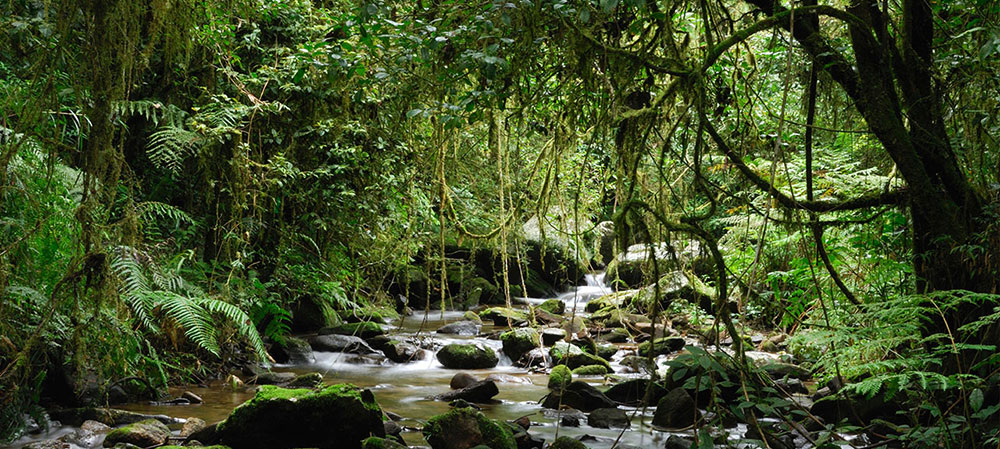
For those who relish an adventure, however, this is a one-of-a-kind destination: the off-road driving is phenomenal, there are national parks that only see a few hundred visitors a year, regions that live in autarky during the rainy season and resorts so remote you’ll need a private plane or boat to get there
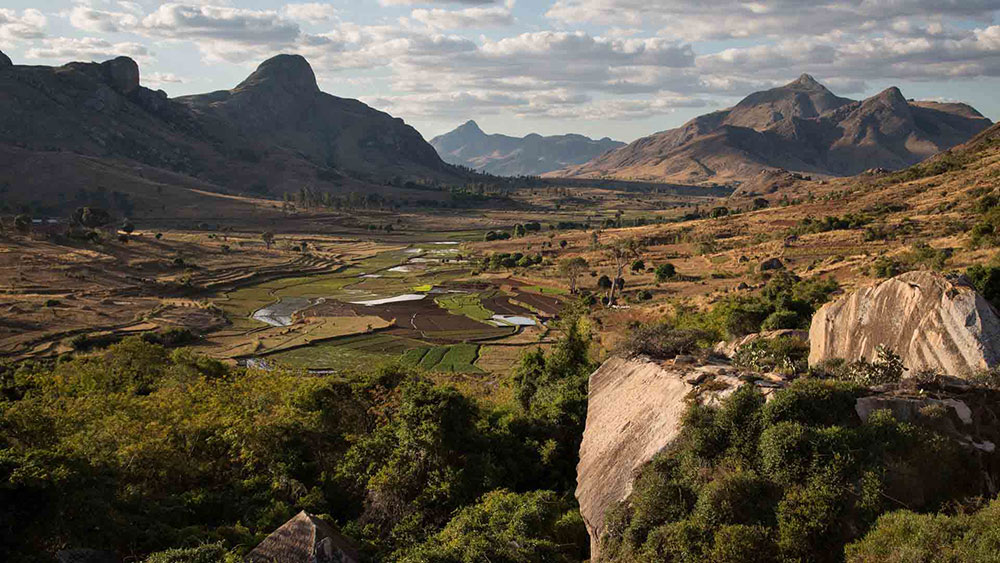
The climate is tropical along the coast, temperate inland, and arid in the south. The weather is dominated by the southeastern trade winds that originate in the Indian Ocean anticyclone, a centre of high atmospheric pressure that seasonally changes its position over the ocean. Madagascar has two seasons: a hot, rainy season from November to April, and a cooler, dry season from May to October. Thunderstorms are common during the rainy season in the central highlands, and lightning is a serious hazard. If you don’t like thunder sound maybe Madagascar is not best choice for you.
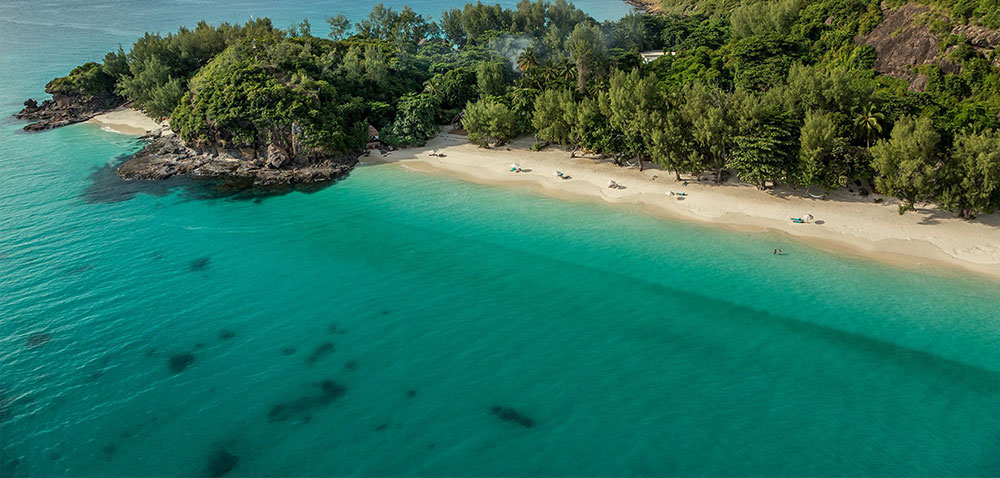
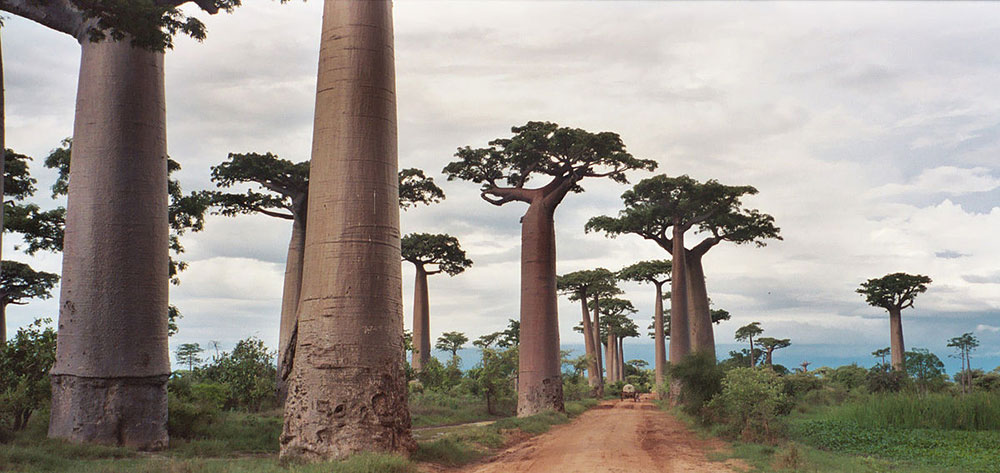
We continue to advise turist to exercise a high degree of caution in Madagascar. Higher levels apply in some parts of the country. Fady are attributed to ancestors, to whom Malagasy adopt a respectful attitude whatever their religion. It is safest to respect these prohibitions and not violate them, even if you feel they don’t make sense. Inform yourself about local fady when you arrive in a new place. Do not ever take photos of a tomb without permission. Always ask permission before taking photos. Also, if you go to a remote village or hamlet, it is fomba, or tradition, that you first meet with the head of the village if you have business in the village. Meeting this person can save you a lot of time if you have work to do there.
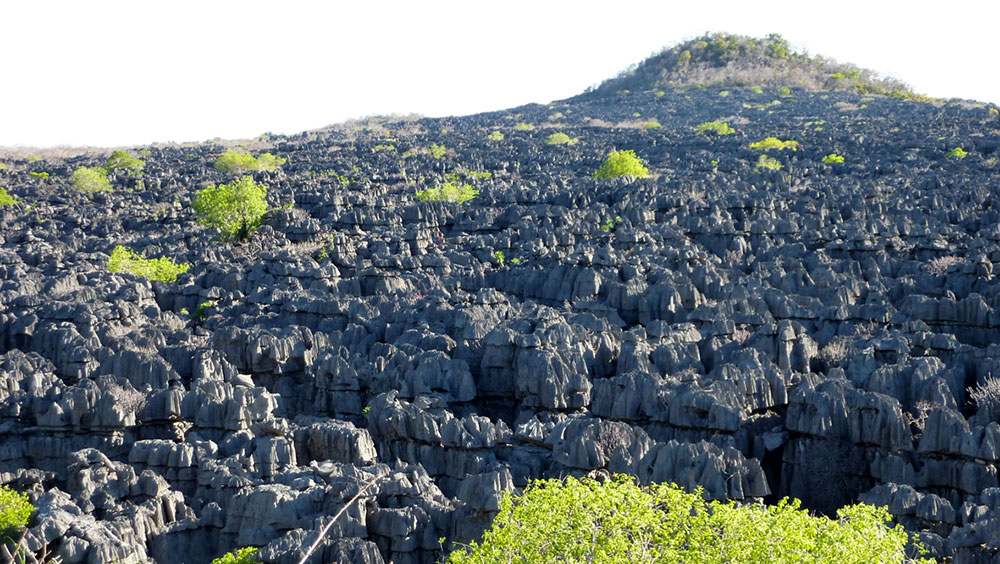
When addressing anyone older than you or in a position of authority (e.g. police, military, customs officials), use the word “tompoko (TOOMP-koo)” the same way you would use “sir” or “ma’am” in English. Respect for elders and authority figures is important in Madagascar.
Be certain to read up on these aspects of “culture shock” before your travel, and learn to embrace them when you’re there. Learning is the ultimate point of traveling, so take it in whole-heartedly and keep an open mind.
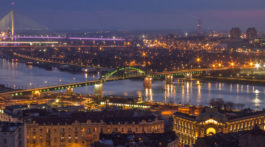
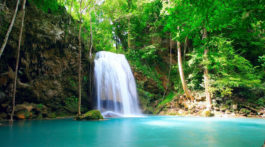
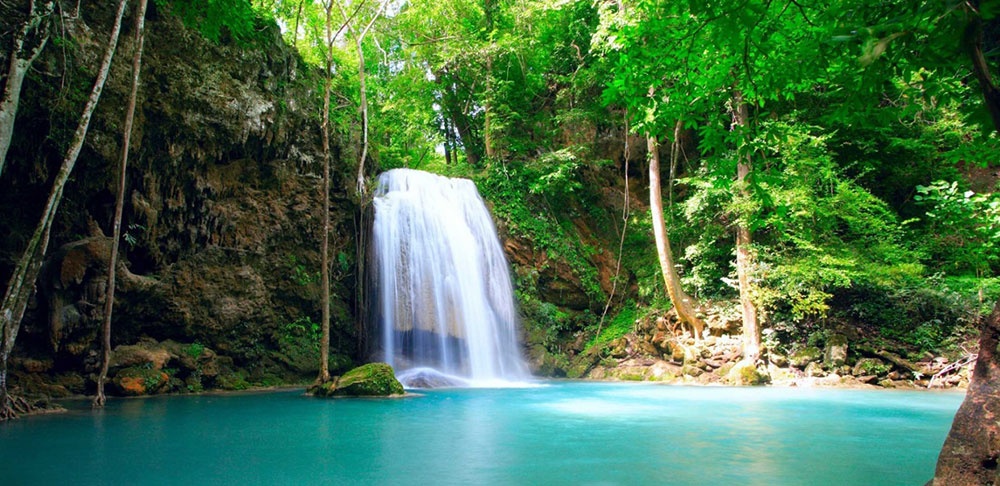
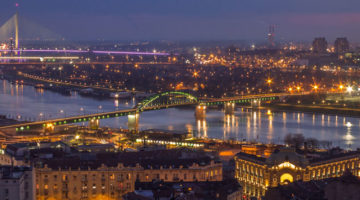
No Comment